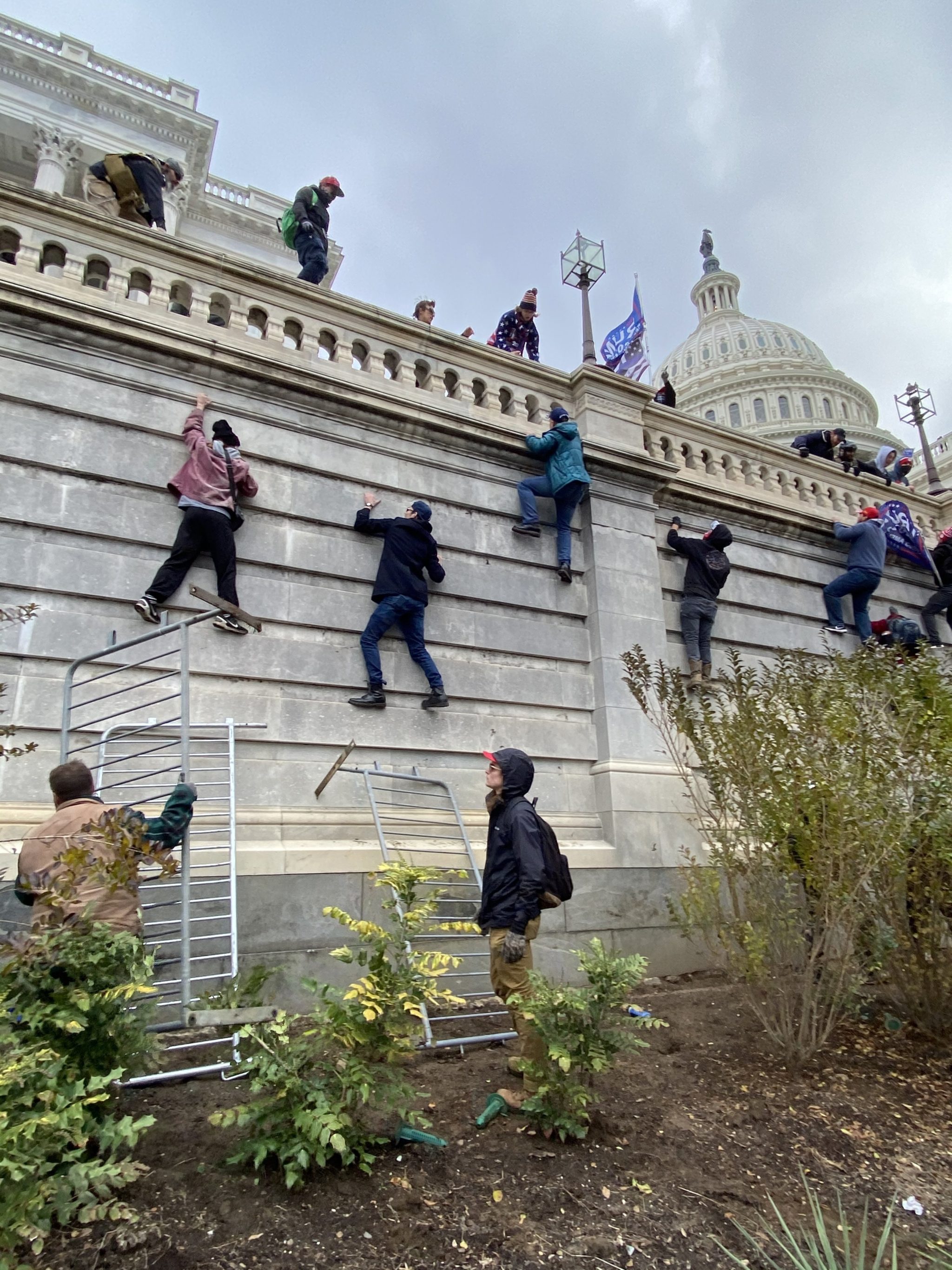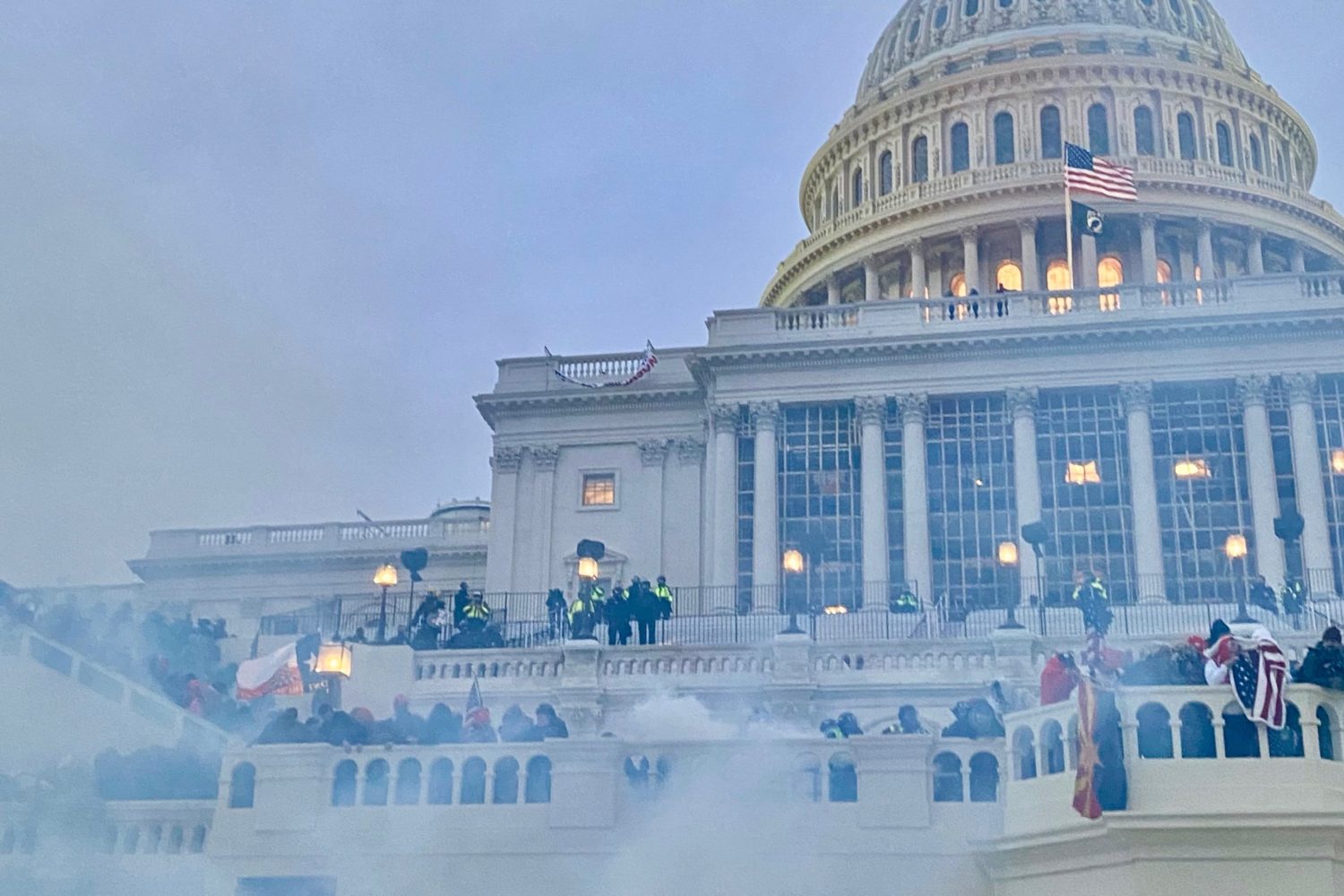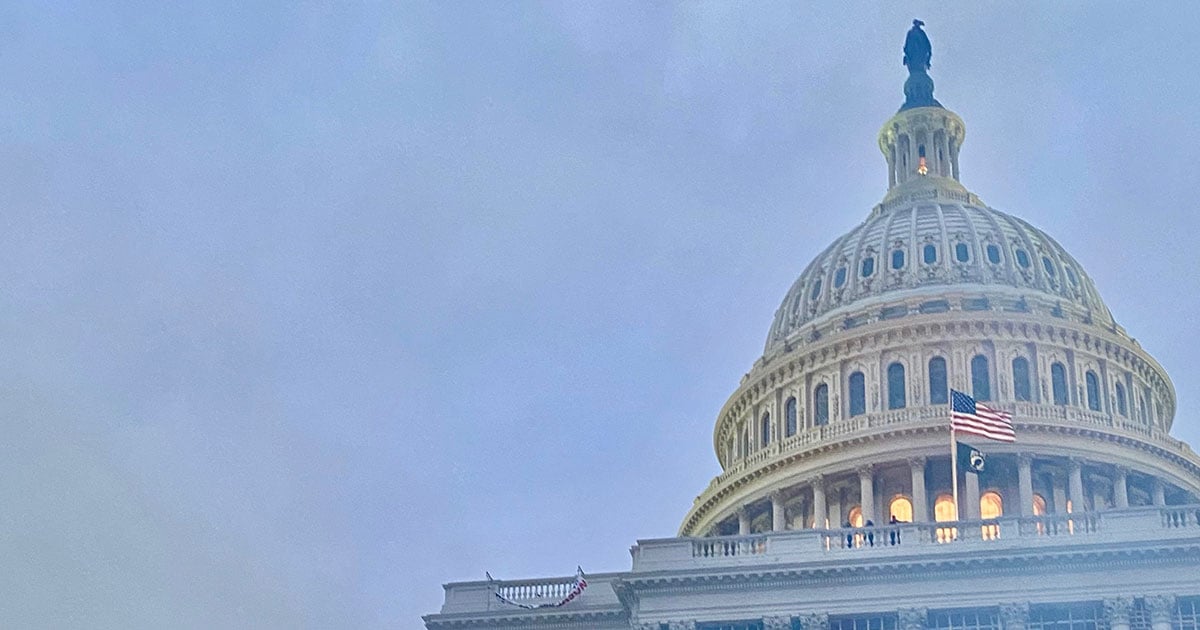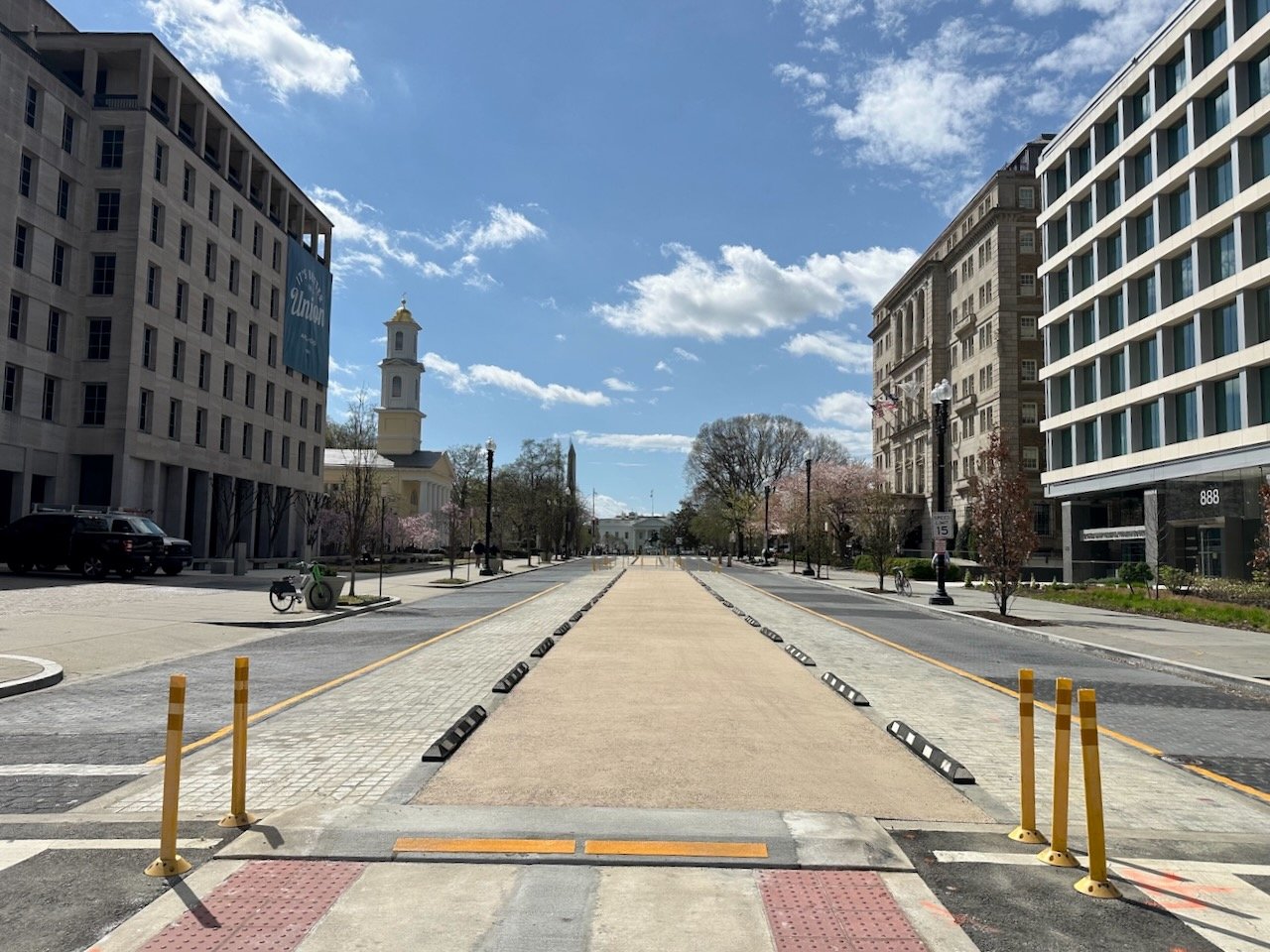Former GOP members of Congress are far more likely than Republican voters to view President Biden’s victory in the 2020 election as legitimate, the events of January 6, 2021, as an insurrection, and former President Trump’s false claims of widespread voter fraud as a threat to democracy, according to a University of Massachusetts Amherst survey released Tuesday.
The survey of 237 former members, about half of them Republicans, reveals a sharp disconnect between ex-GOP lawmakers and the people who put them into office on a number of key questions related to 2020:
- More than 80 percent of the former Republican members—who participated in the survey in partnership with the United States Association of Former Members of Congress—said that they considered Biden’s win legitimate. By contrast, roughly 25 percent of voting-age Republicans in a prior poll said the same.
- Similarly, 64 percent of the ex-GOP lawmakers said they viewed Trump’s false claims that he won the 2020 election to be a threat to American democracy. Less than 20 percent of eligible Republican voters agree.
- While 53 percent of the former Republicans lawmakers said they would describe the events of January 6 as an “insurrection,” only 14 percent of voting-age Republicans said they would use that term.
- More than 70 percent of the ex-GOP lawmakers support continuing federal efforts to identify, arrest, and charge January 6 participants. In previous public polls, fewer than a third of Republican voters support the same.
According to Alex Theodoridis, the University of Massachusetts Amherst associate political science professor who conducted the survey, the findings reflect a “vicious cycle” in which Republican elites are too scared to tell the truth about the 2020 election, leaving GOP voters to become saturated by Trump’s election lies. “The voters don’t believe these things in a vacuum; they believe these things because Trump and his people are telling them these things,” Theodoridis says. “And then there’s nobody standing up on their side and saying, ‘Hey, guys, I’m just as much on your side as anyone else, but this isn’t true.’”
To help break this cycle, Theodoridis urges former Republican members of Congress to be more vocal. “Every Republican who doesn’t believe that Joe Biden was elected on the basis of fraud and who believes that January 6 was an attack on the democratic process should be out there shouting it from the rooftops,” he says.
Theodoridis notes that while some of the ex-Republican lawmakers he surveyed might be interested in running for office again—and therefore reluctant to say anything that might put them out of favor with the MAGA establishment—others don’t have to worry about political blowback. “A lot of these former members are not hoping to win something anymore, but yet they still have some credibility among some Republican voters at least,” he says. “I think they should be using that credibility.”
Another reason Republican politicians may be reluctant to speak out? Fear of violence. Nearly three-quarters of ex-GOP lawmakers said they were very (27 percent) or somewhat (47 percent) concerned about the possibility of election-related violence in 2024; almost half said they or their families received threats during their time in office—with lawmakers elected more recently experiencing a greater frequency of threats.
Theodoridis says he hopes that the survey’s findings will show ex-GOP lawmakers who believe Biden legitimately won the 2020 election—but who are currently too scared to say so publicly—that they are not alone. Perhaps, Theodoridis says, this knowledge will make them more willing to speak out.


![Luke 008[2]-1 - Washingtonian](https://www.washingtonian.com/wp-content/uploads/2017/10/Luke-0082-1-e1509126354184.jpg)
















